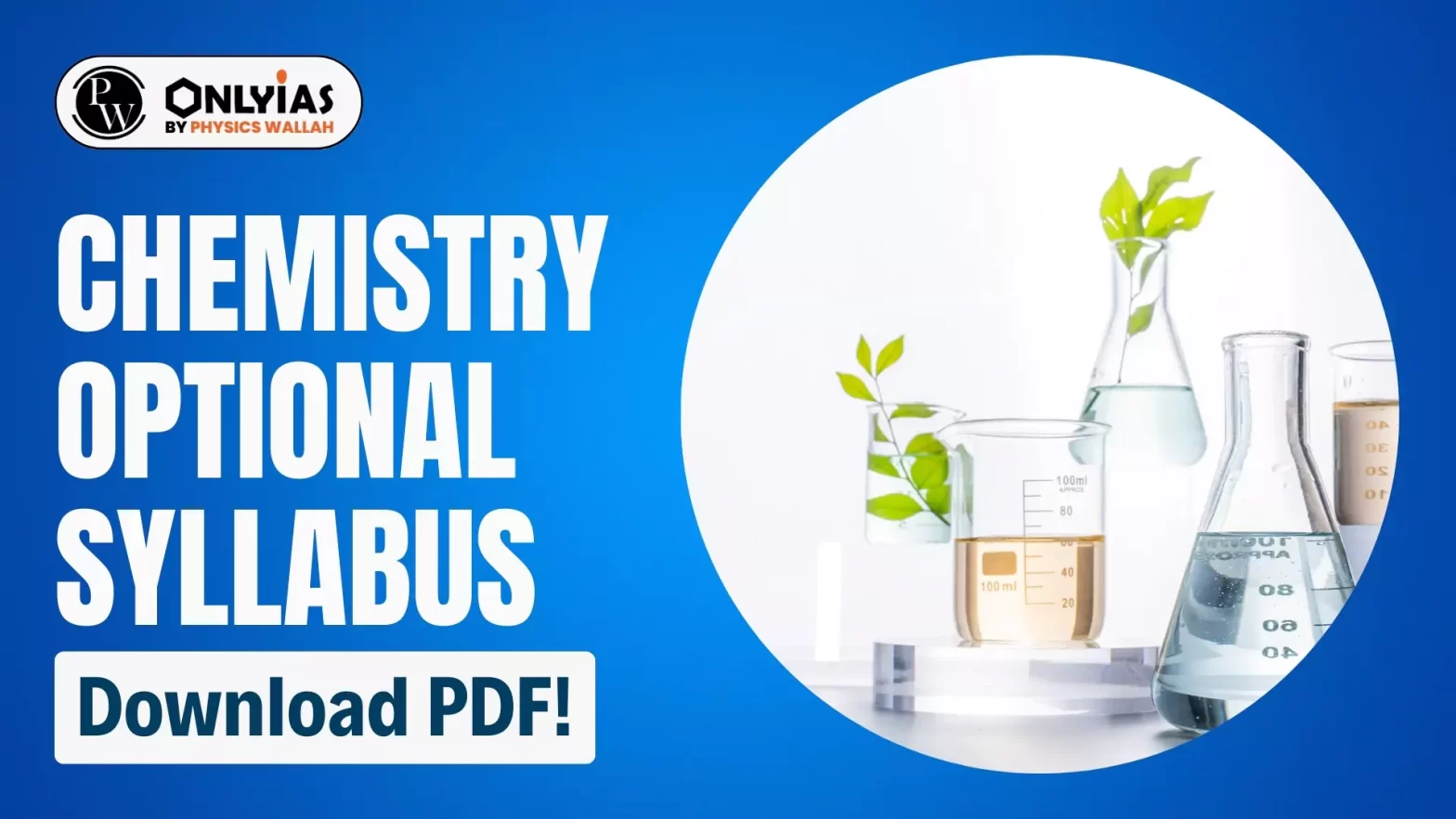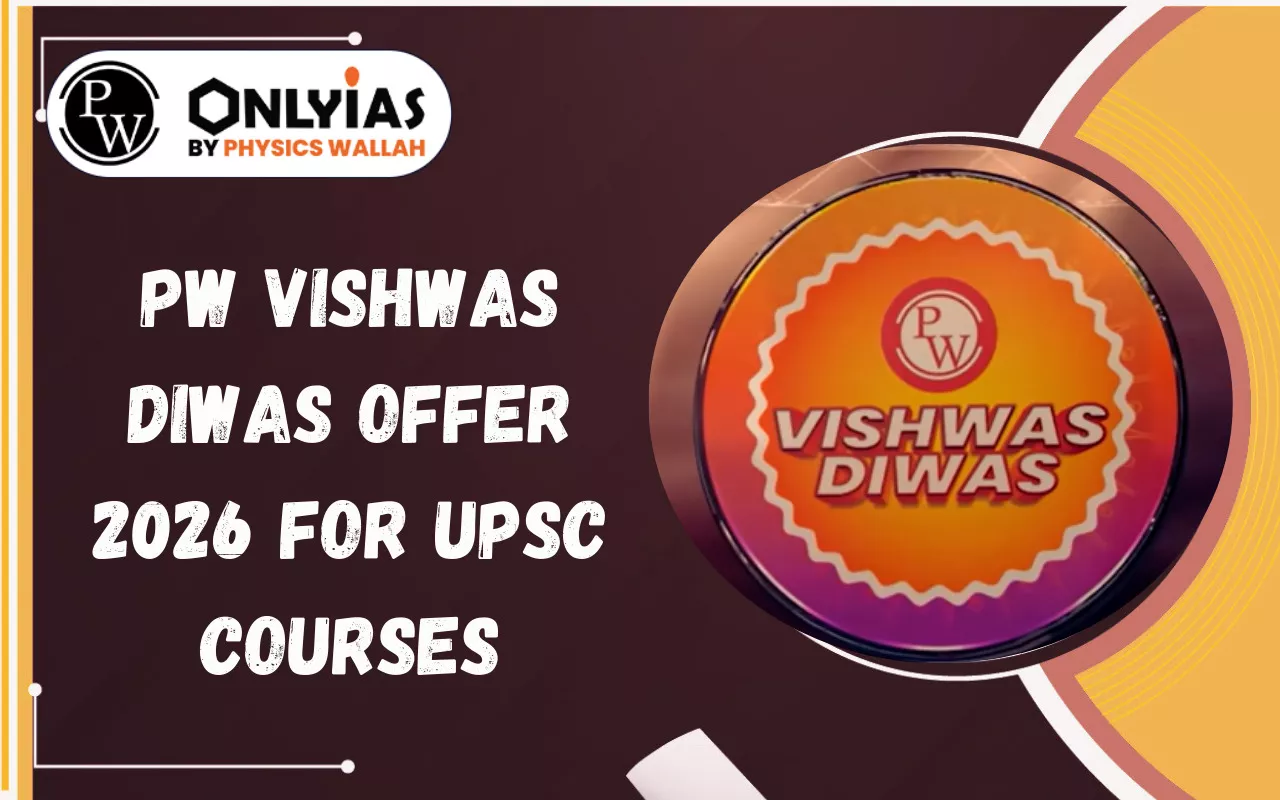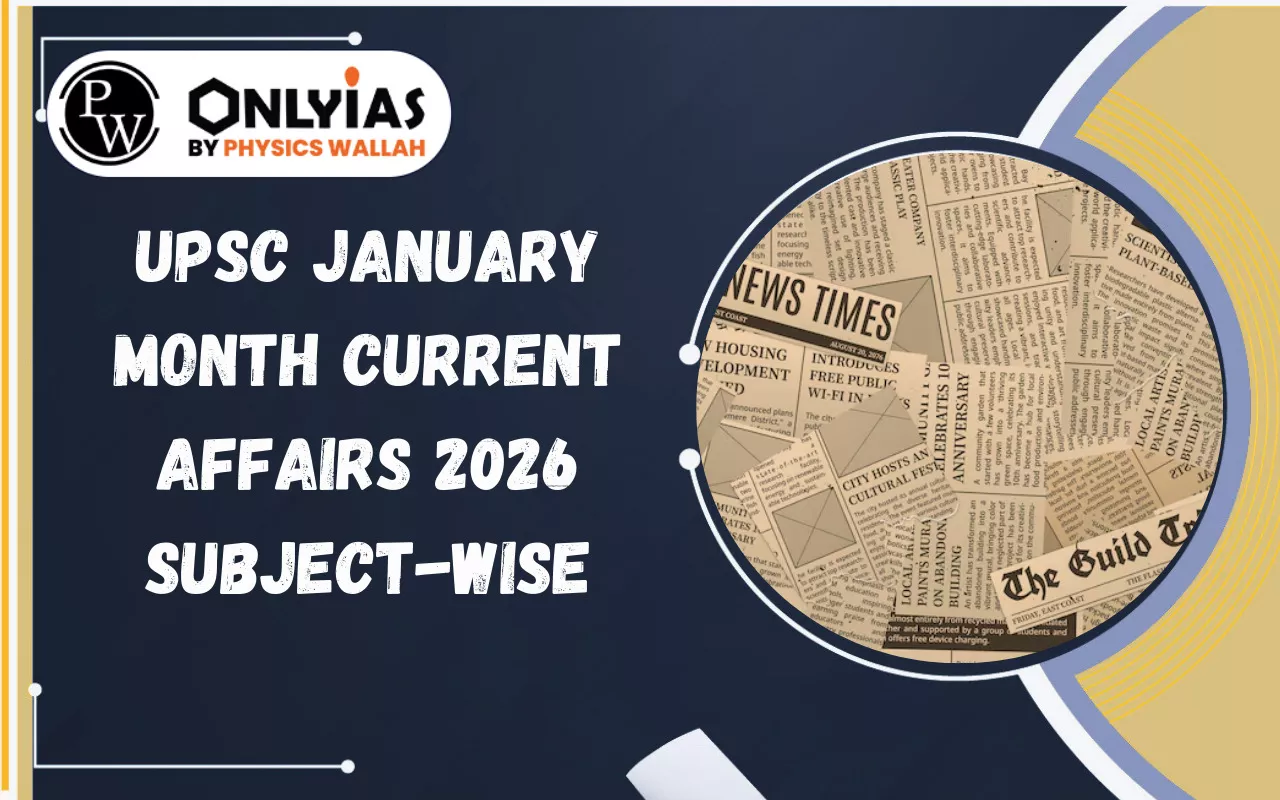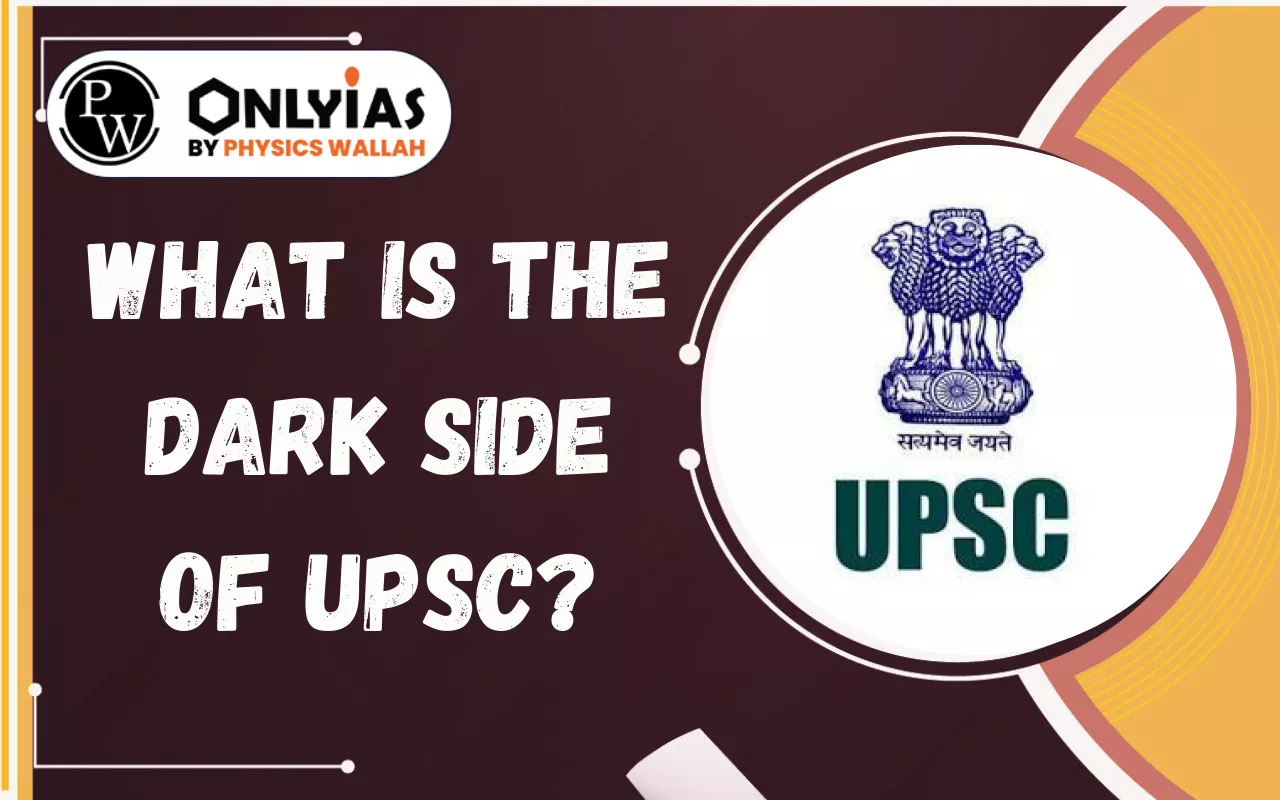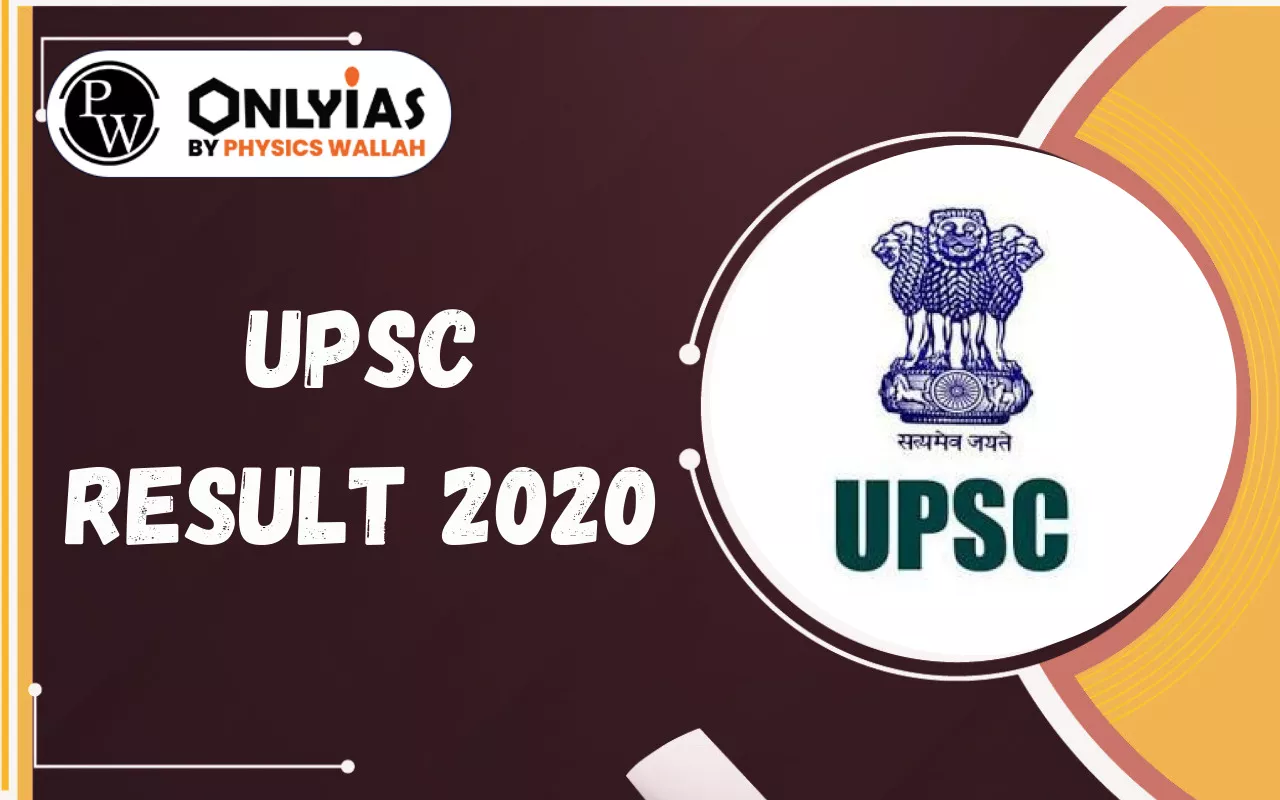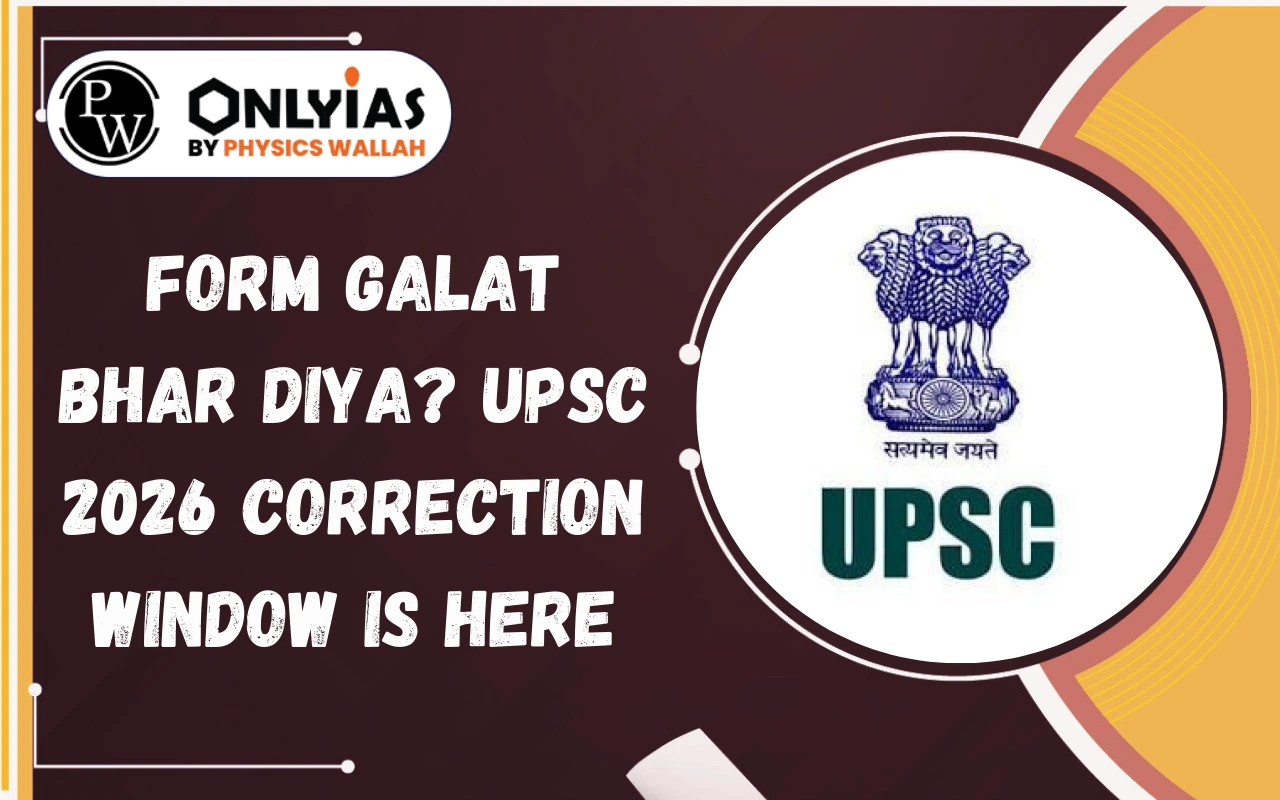The UPSC Chemistry Optional Syllabus 2026 PDF details the complete syllabus for Paper I and Paper II of the Civil Services Mains Examination. It covers Physical, Inorganic, and Organic Chemistry topics and is available through the official UPSC notification, helping aspirants plan structured and syllabus-aligned preparation. Candidates can download the UPSC Chemistry Optional Syllabus PDF.
Also Read | UPSC Chemistry Optional Syllabus 2026 PDF

 GS Foundation
GS Foundation Optional Course
Optional Course Combo Courses
Combo Courses Degree Program
Degree Program



